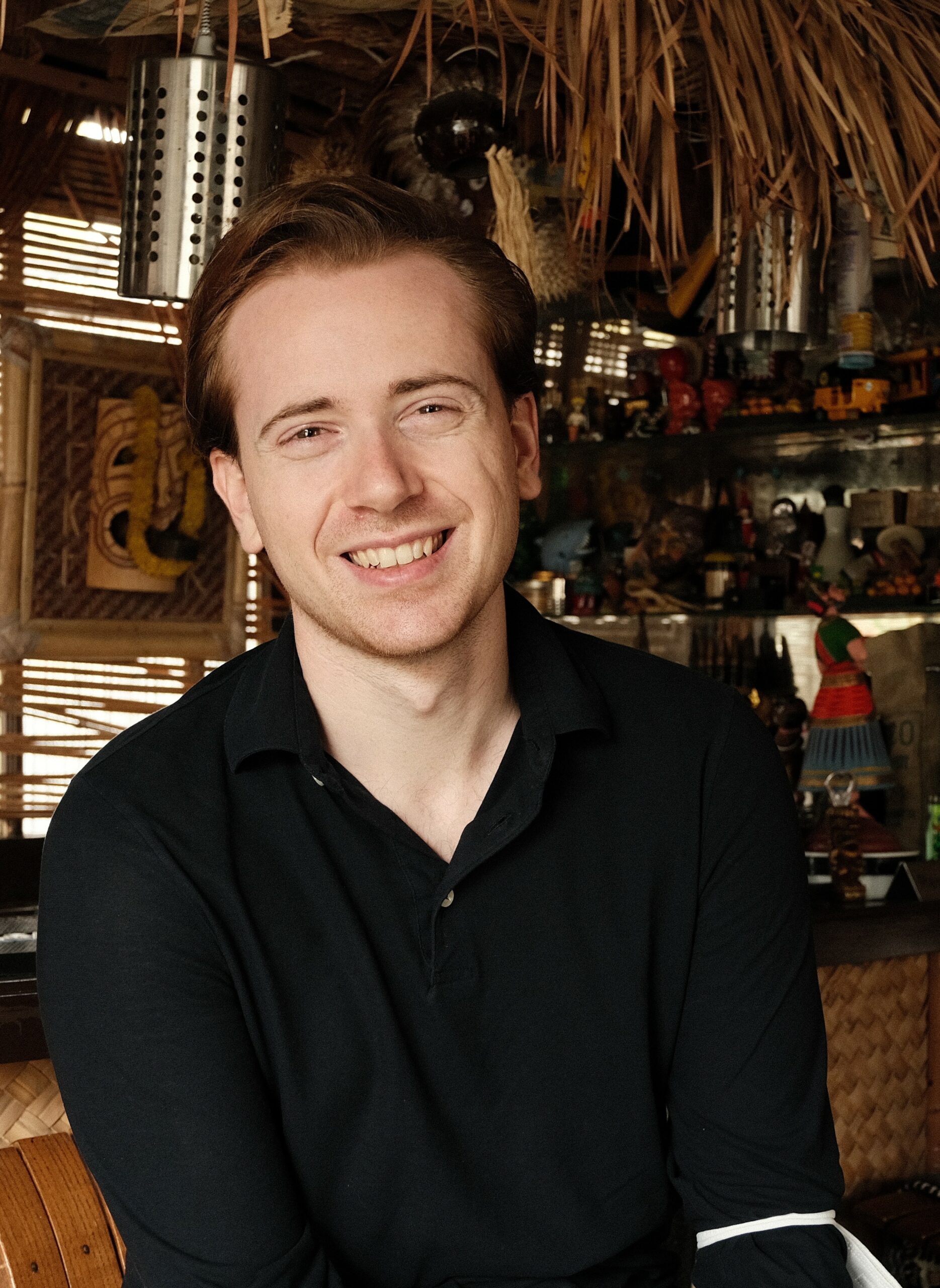We recently connected with Edoardo Novello and have shared our conversation below.
Edoardo, so good to have you with us today. We’ve always been impressed with folks who have a very clear sense of purpose and so maybe we can jump right in and talk about how you found your purpose?
Finding my path wasn’t that easy at the beginning. I am one of those individuals who would have preferred to live in some fictional world in which you have one goal to reach, and everything will make sense once that is achieved… But in our society it’s never that simple. After graduation, I pondered for a long time about my purpose, trying to think about why I was on this planet in the first place. After a
few months of studying chemistry, thinking it was my possible bachelor’s career, I started reading a screenwriting book during my spare time. What I didn’t expect was that this book was actually what I had been looking for all that time. It talked about structuring life like a movie, seeing the images that we had in our minds, and externalizing them on paper, ultimately on the screen. This concept was very dear to me, the idea that from simple memories or thoughts we could structure a dynamic flow that would later become a movie. Behind this theory is the perception that humans constantly have transparent images waiting in stand-by beyond their retinas. These are used to recall the objects, places, or people they are thinking about on the spot. Like the instant image of our favorite dish once I ask you, “What is your favorite cuisine?”.
This stream of thoughts was the first element that drove me to pursue this art and the one that also became the explanation to why I wanted to be a producer. My purpose was and still is to produce movies that can externalize human emotions and thoughts, our inner images, and translate them on screen in the most beautiful and complex way possible. This is my life purpose.
Thanks, so before we move on maybe you can share a bit more about yourself?
I have been working as a film producer in Los Angeles for three and a half years now, going through a global pandemic and two film union strikes. These experiences taught me a lot and helped me find the right direction for my career. I was able, in fact, to produce two feature films and several documentaries and advertisements during this time frame. Among the projects that I have worked on, there are some that really changed my life and the way of seeing this art, starting from the very first ones that I made back in Italy. “Stream of Consciousness”, for example, was the first film I ever produced and, in a way, the result of my years of film studies. This project was about an actor who recalls his childhood during a job interview, transcending the flow of the dialogue to think more and more about why he wants to pursue acting and the reasons that took him there. Selected at the
Montecatini International Film Festival, one of the oldest running film festivals in the world, this film became my business card to meet the clients and investors. Another project that shaped me as a producer is “The American Terrorist”. This feature film talks about an ex-marine who has to face the loss of his family and career after the tragedy of 9/11. His personal sadness mixes with the one of the country, creating an emotional journey of self-discovery and research for new beginnings. The film was my first successful attempt to produce a feature film by myself and oversee its development from script to post-production. I was in charge of all the production aspects, from finding a crew to apply for insurance to booking locations and equipment, and even overseeing meal orders and payments. It was a tour de force for me, but one that I would do again and again every day. Polishing my producer skills and learning how to efficiently break down a script, budgets, and cash flows were the most valuable lessons that I learned last year and the ones that have now made me the producer I want to be.
While looking back on my career, I also try not to forget the importance of projects of smaller scale, but still fundamental for my growth, such as the documentary I produced for the Korean restaurant Jang Mo Gip in Orange County. This documentary follows the final days of activity of a beloved Korean restaurant in the Garden Grove community. It was first opened by a family of immigrants who later created a business out of their love for traditional Asian cuisine. This business also brought the opening of the successful Mother-In-Law’s kimchi company, founded by the restaurant owner’s daughter. While producing this documentary, I worked day and night with the staff at the restaurant and the production team to find the correct voice to give to this work and did my best to immerse myself into a community that I never met before. A producer’s first need is to find the truth in the work that they produce, to find the reality behind the images. I believe that projects like these will inevitably find a truthful audience and potentially change a community’s idea about a place they have known for so long.
To finish, I am currently working on two new very exciting feature films that I will produce in the second half of this year. I can’t reveal much, but the one that I look for the most is called “Scent of Blood”. This is a high scope horror feature film that will be filmed in Louisiana, where I will work as lead producer. Mixing horror elements with a tender human-centered story, this production will be an excellent way to transition to producing big-budget feature films.
If you had to pick three qualities that are most important to develop, which three would you say matter most?
I think that the most essential qualities for a producer are: thinking deeply about the material they produce so as to find all the nuances that will make it unique,
being able to multitask the many different tasks they have daily and, finally, putting all of themselves into the story they choose. These skills together will not only shape a producer who is fully committed in understanding a film, but also one who is available 24/7 to resolve financial or communicative issues in and out from set. I do think in all honesty that this is what most of the people lack in the industry. A sincere passion standing behind the formal work commitment. I was brought up with the idea that whatever I do in my life needs to be backed up by love and care, and I apply this rule to my job as well. I would recommend to any individual who is interested in becoming a film producer to read, study and watch as many films as possible and once the opportunity arises, to throw themselves in the production process. They need to get lost in the paperwork flow and provide love to the stories that they will bring to life. Only in this way, they will make something unique and worth watching.
A similar process was the one that I used while working on Going Home Alone. This film was my first short film ever to be produced in the US and represented the starting point for my American career, rewarding me with several Festival awards. The story of Laura, a woman who gets drugged in a bar at night and needs to go back home by herself, required me to put aside all my convictions about society and dig deeper into what it means to be harmed in a seemingly safe environment. I put all of my passion and resources and time into analyzing and producing this story and worked it out by studying it closely with the lead actress who embodied the protagonist. A film that without care and love would have never been made.
To close, maybe we can chat about your parents and what they did that was particularly impactful for you?
My youth strongly influenced my personality as a producer. My parents are very simple people, but they have always been passionate about film art in their own ways. My mother used to collect articles about film stars when she was little, and later on she developed a real passion for Hitchcock, buying most of his films on VHS. My father, instead, never really got the point of deep introspective films, finding them quite dull. He loves comedies and really enjoys to laugh while watching his favorite comedians on screen. This simple heritage was fundamental for me as it was the first form of knowledge I inherited for movies. Knowing the star system and the heartfelt fun stories my parents showed me as a kid became incredibly helpful for my development.
However, I cannot avoid mentioning the real reason why I am here in the States, which is the opportunity my parents gave me to study in Los Angeles by selling the house where my dad was born back in Venice, Italy. Selling his house allowed them to collect enough money to pay for my first year in America. This gift from
them was extremely valuable to me as it showed their emotional support and their strong belief in my abilities and dreams. If I am a producer who will never give up and will forever fight for his dreams to change the film industry for the better, that is because of them.
Contact Info:
- Instagram: www.instagram.com/edoardo.novello/
- Linkedin: www.linkedin.com/in/edoardonovello/
- Other: Vimeo: https://vimeo.com/edoardonovello
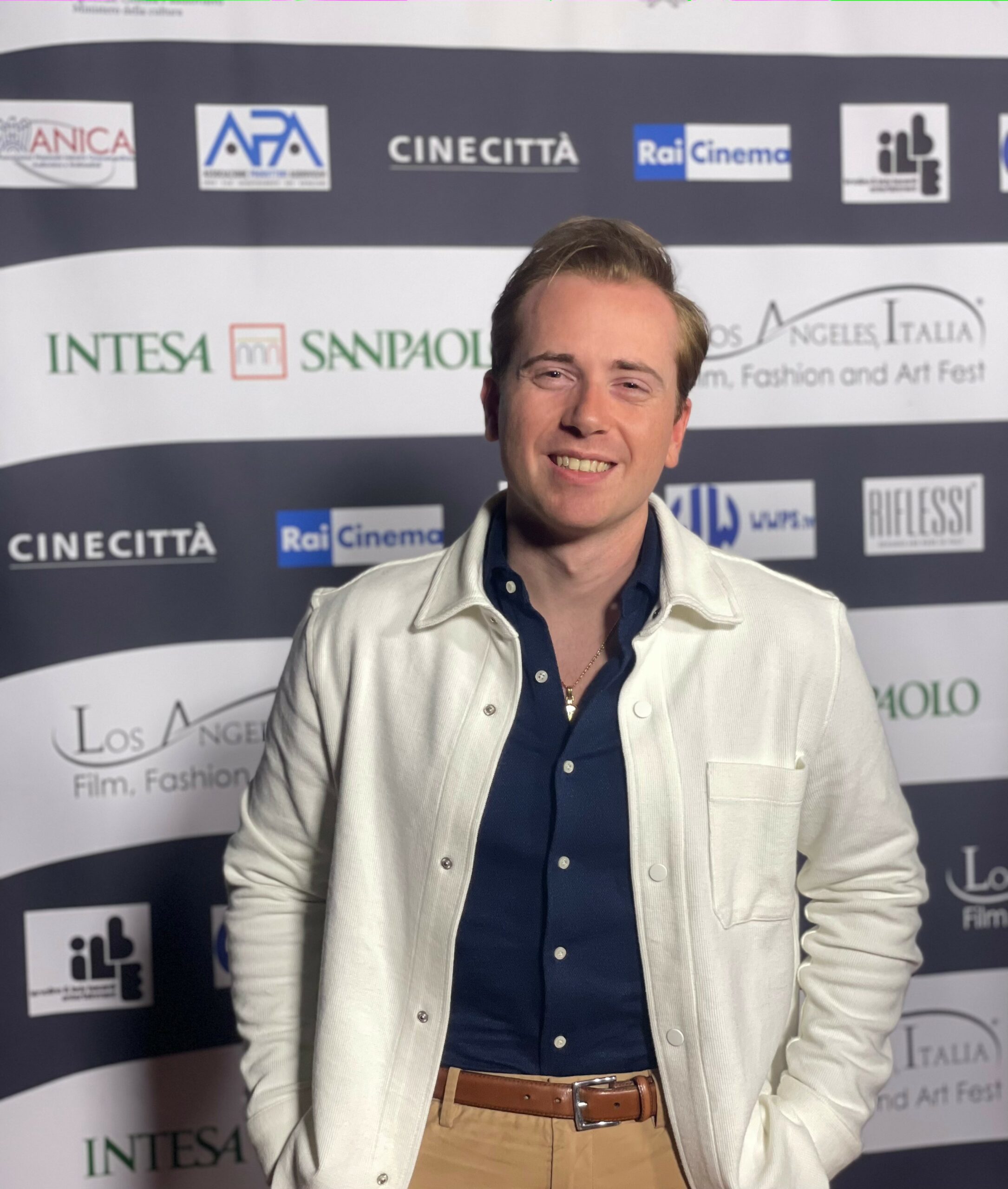
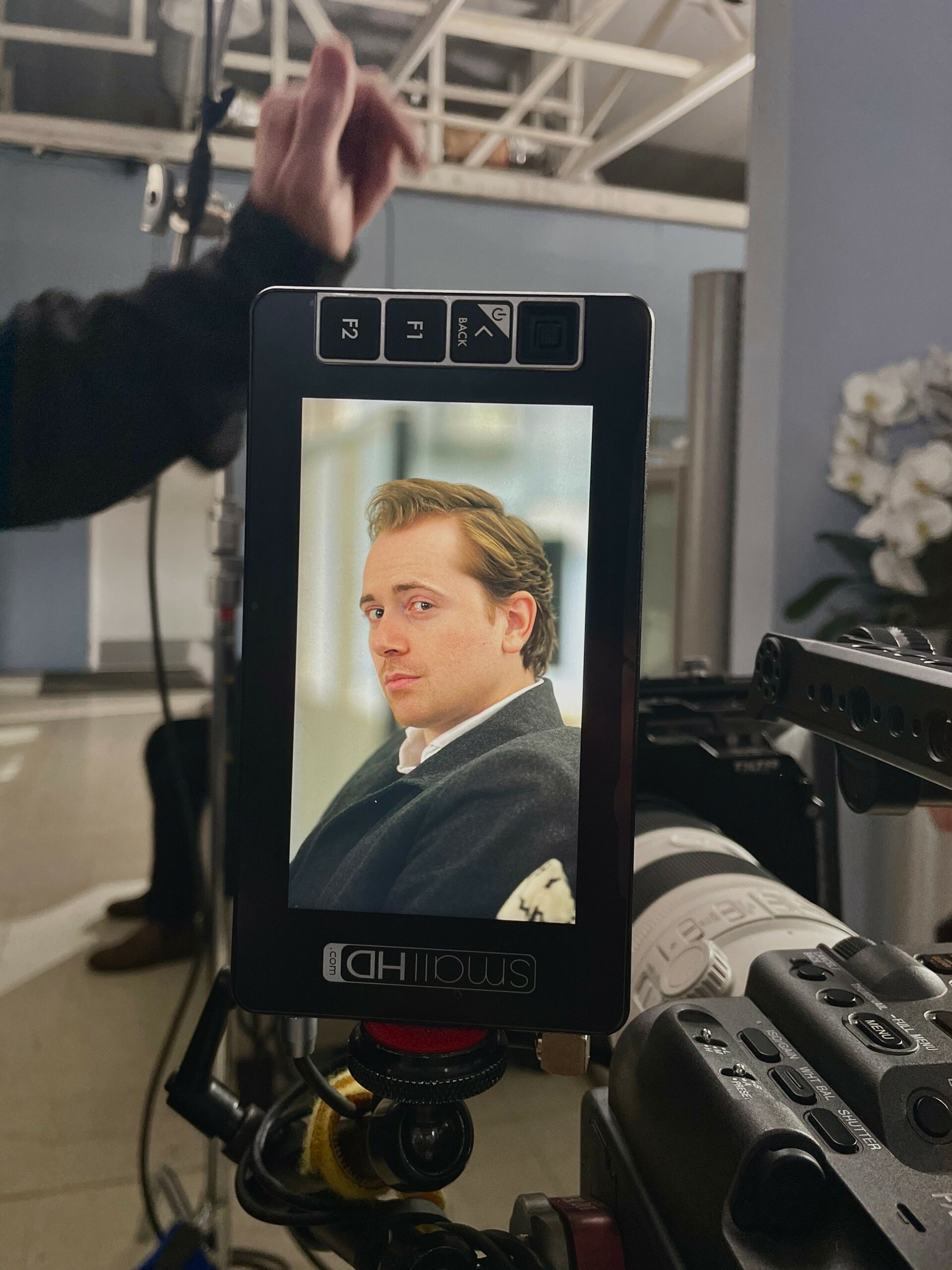
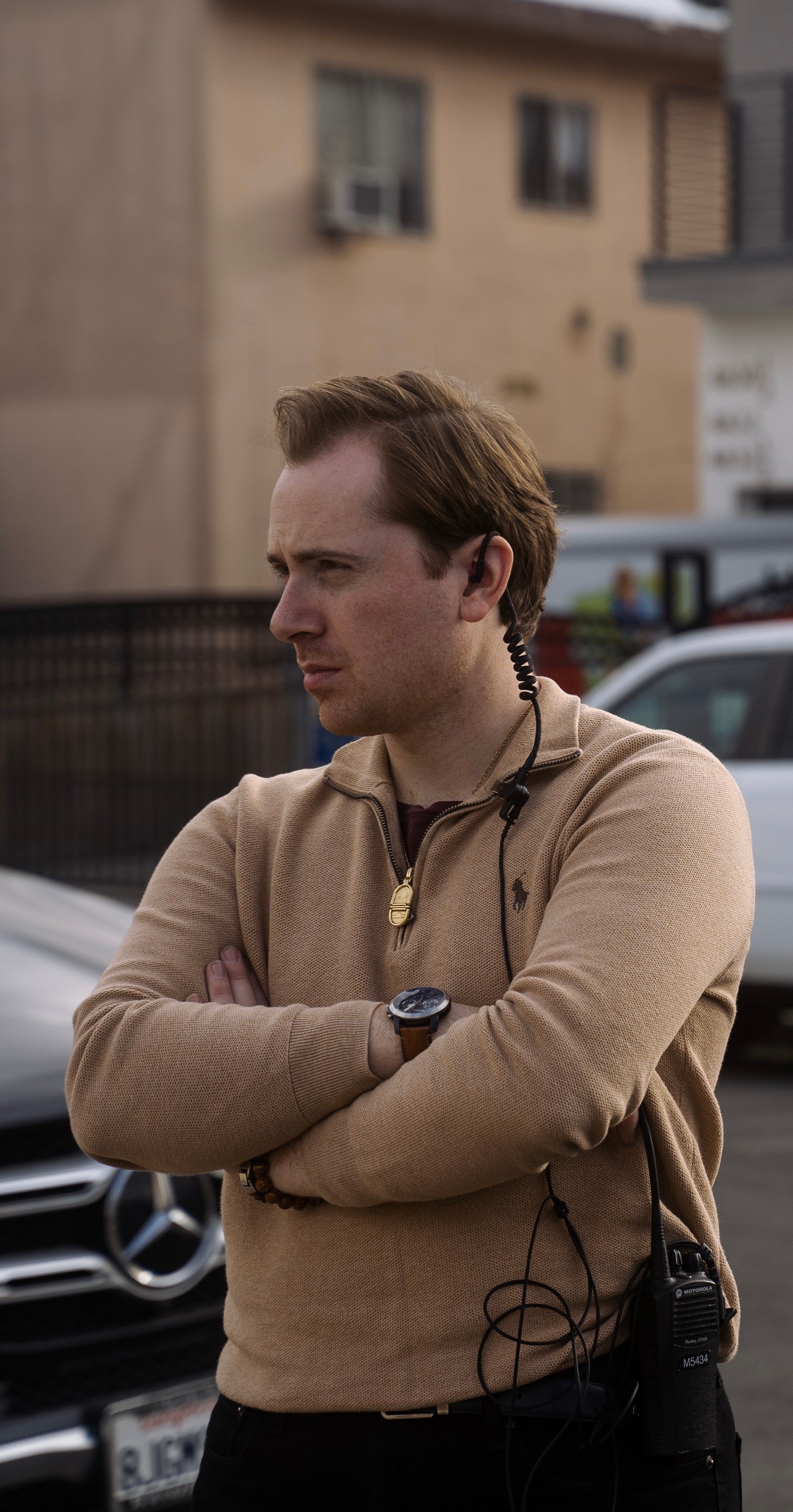
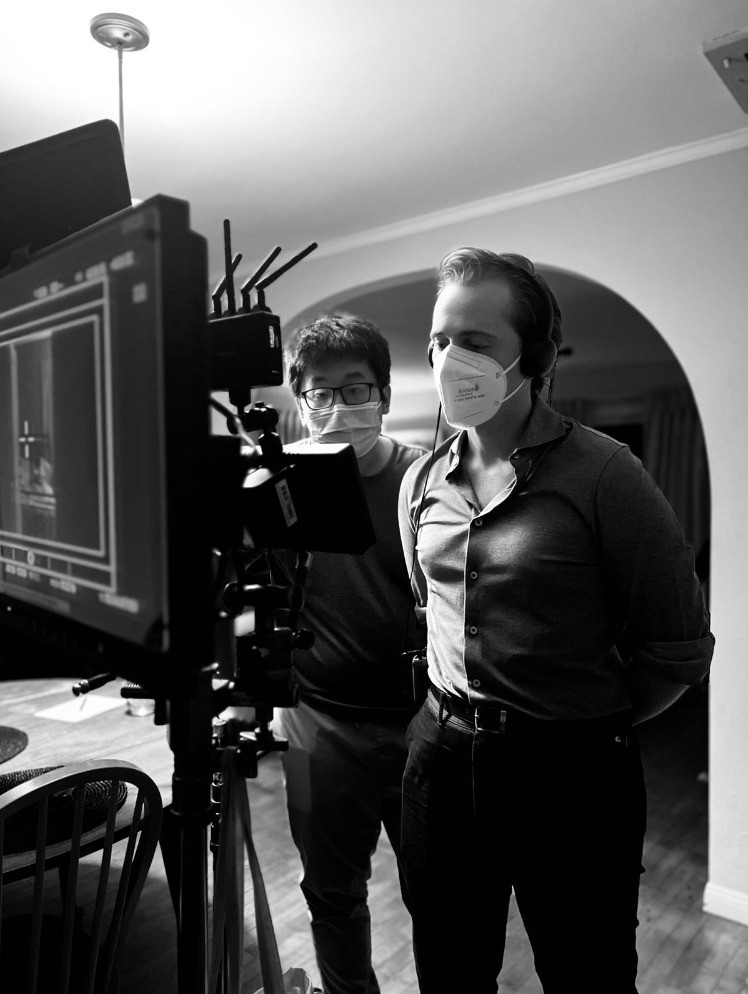
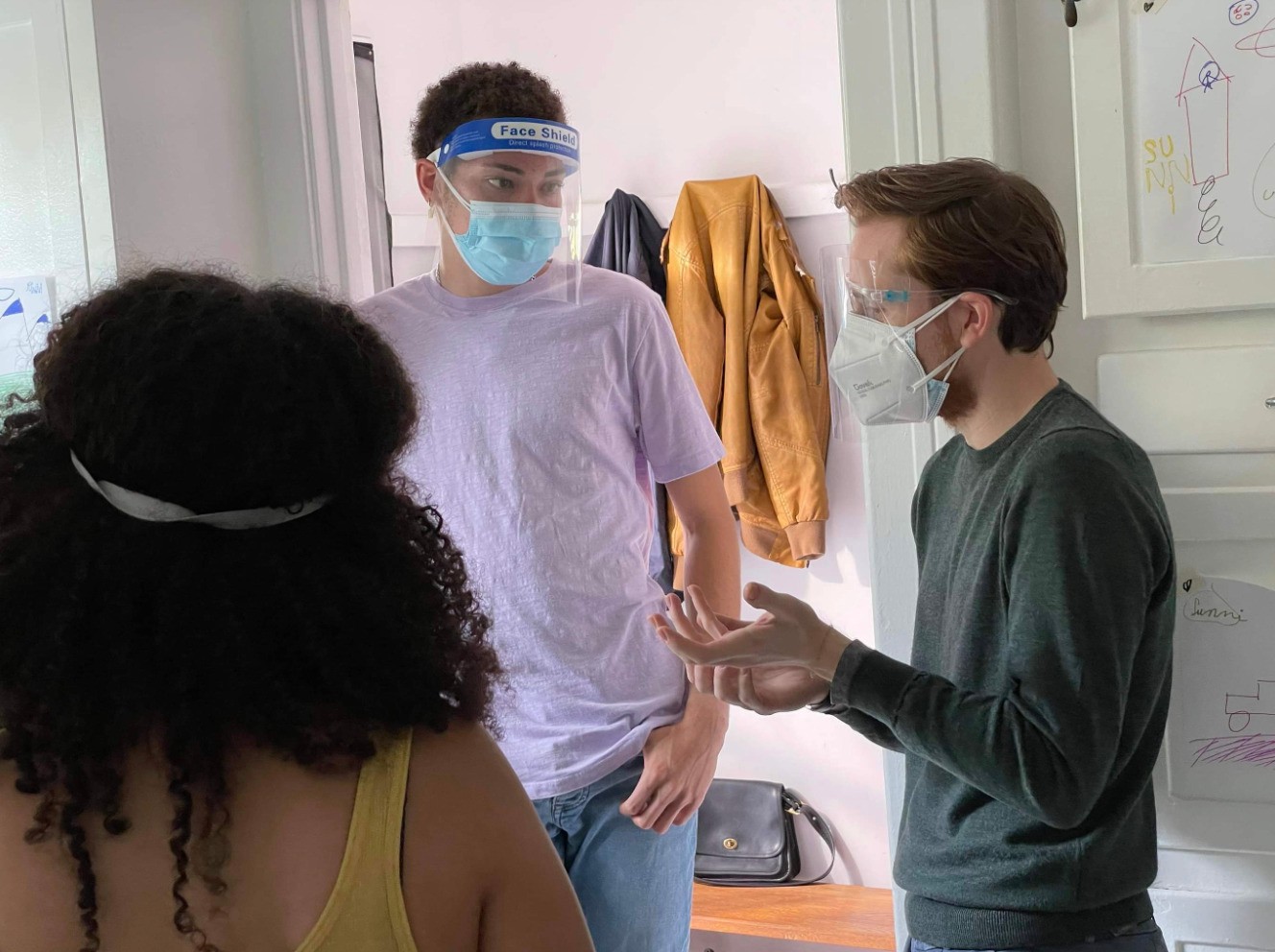
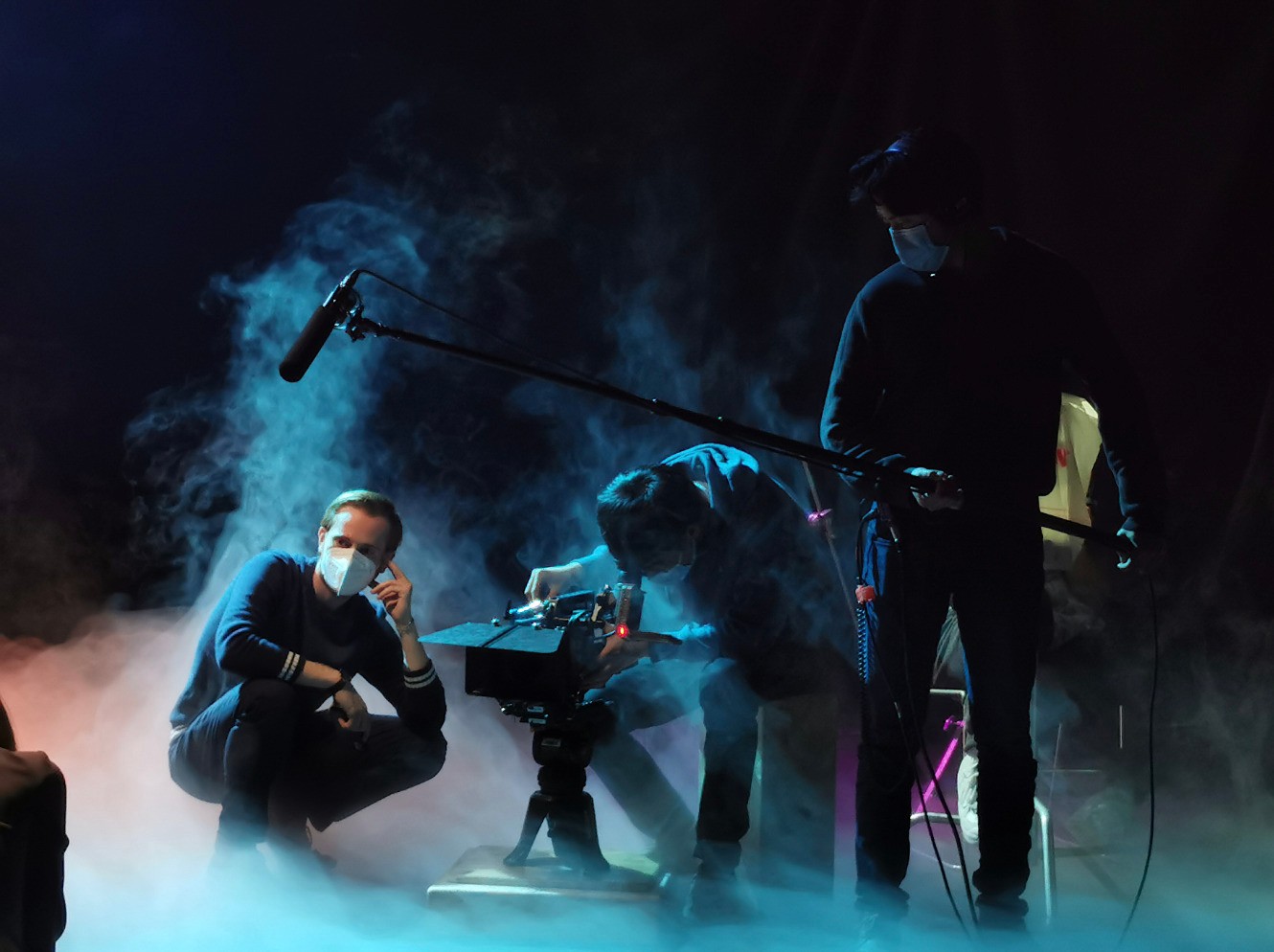
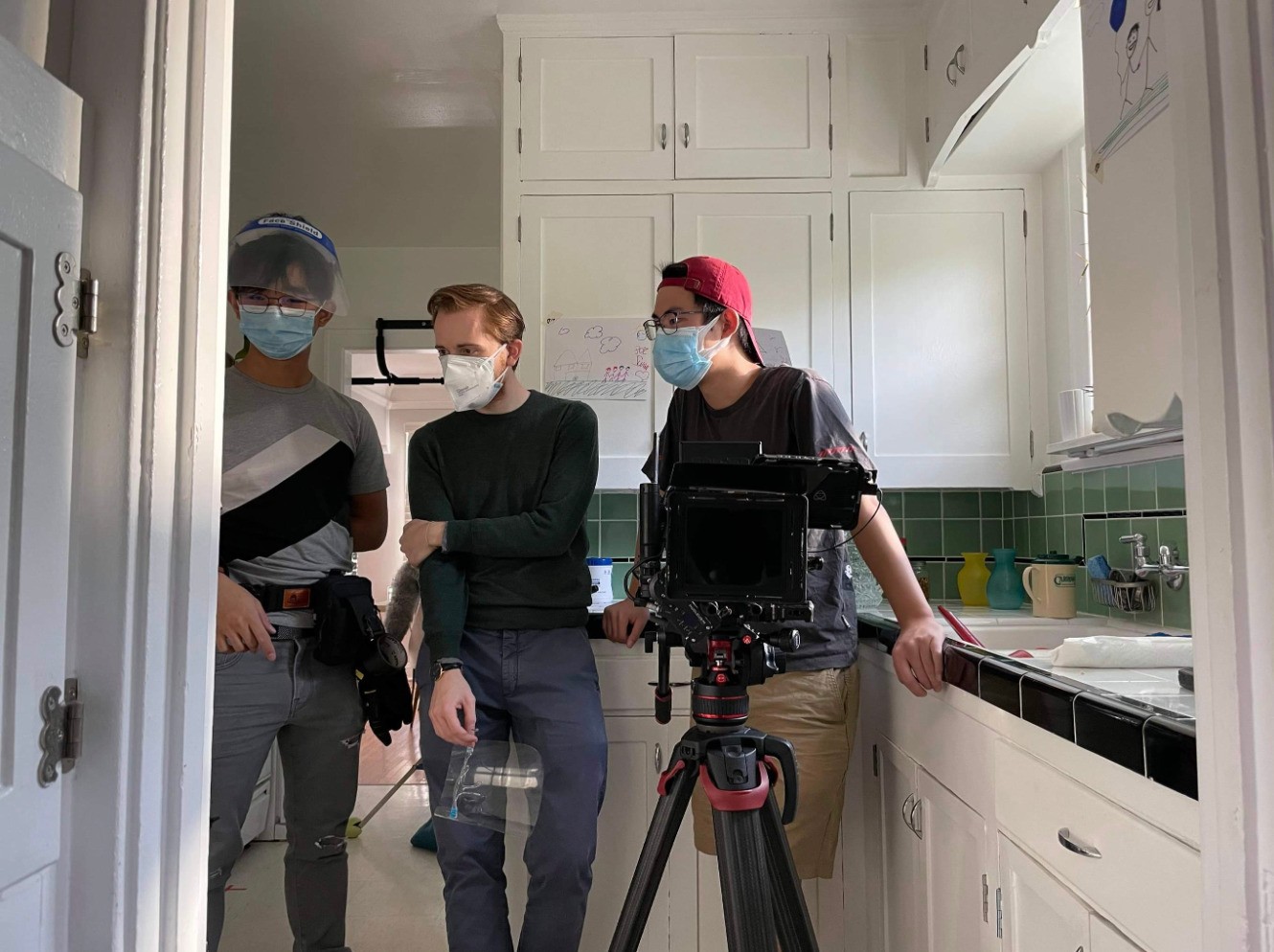
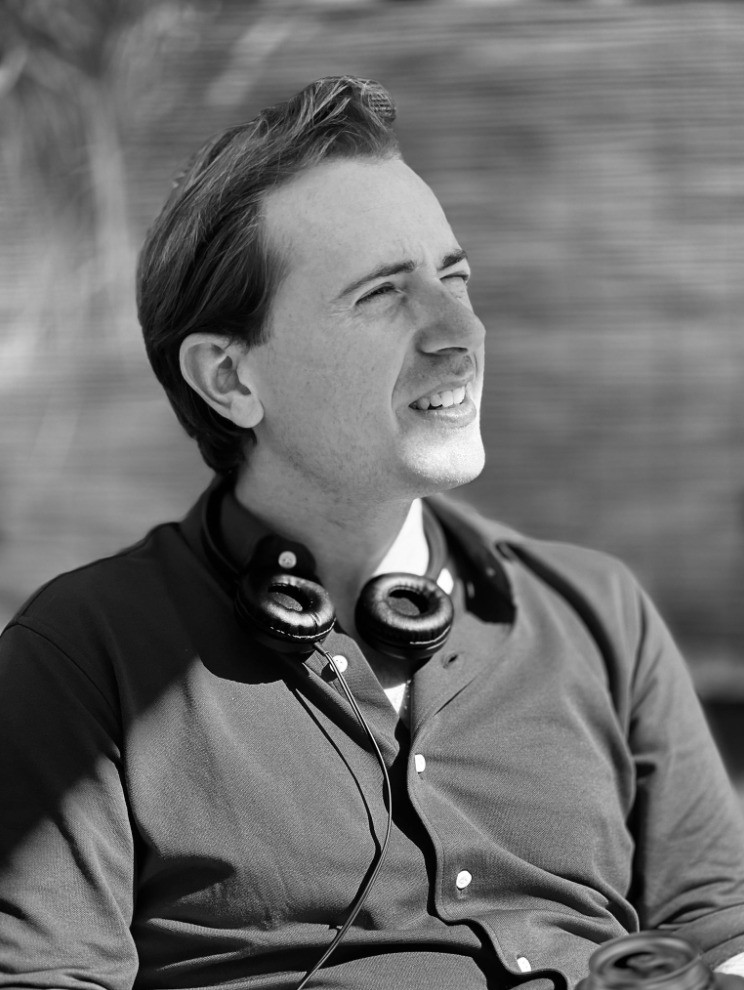
Image Credits
Still #3 taken by Victor Curtis.

